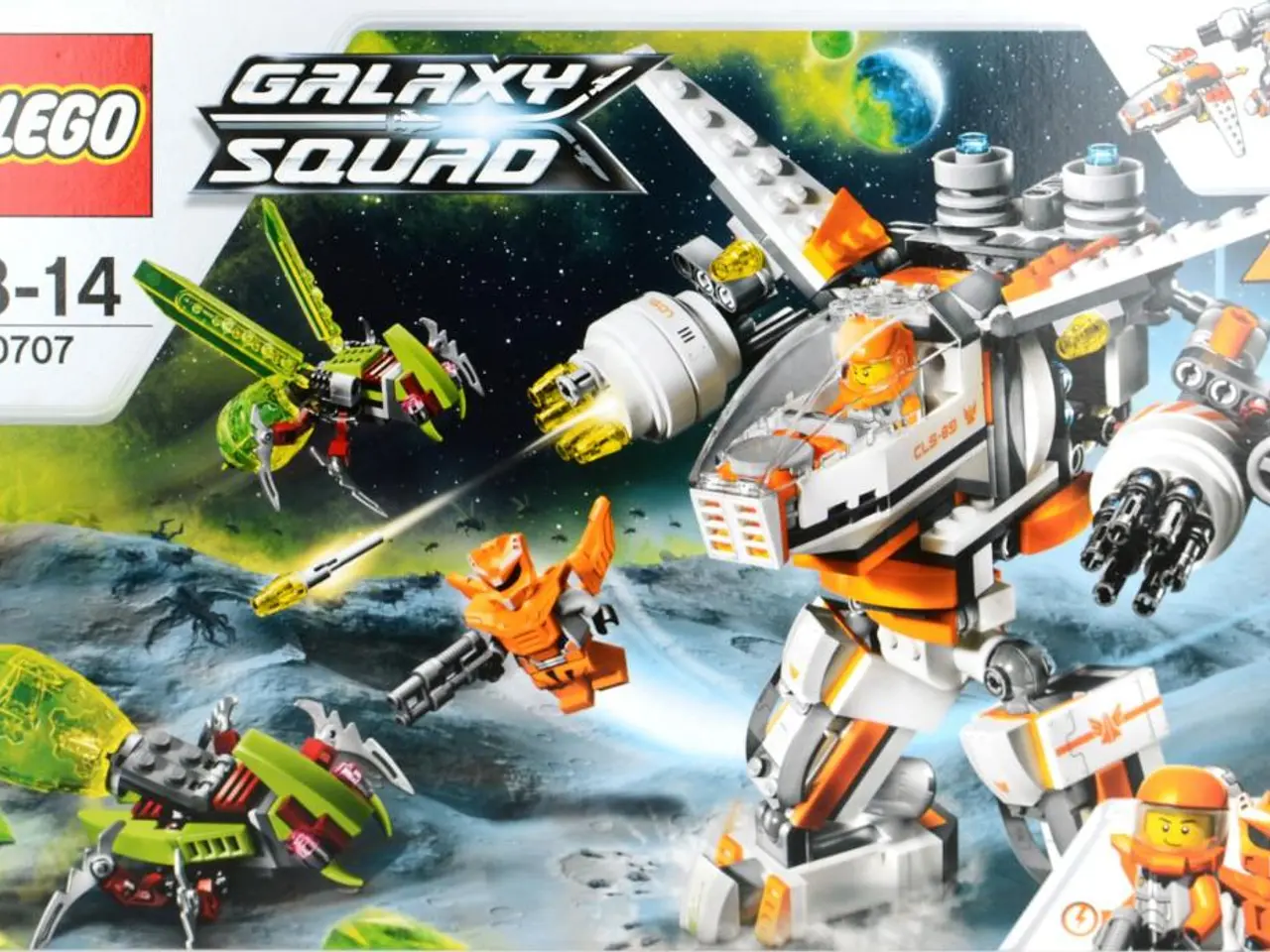"Alien Earth on FX: Complete Fan Satisfaction Delivered - A Critical Review"
In the realm of science fiction, Noah Hawley, the mastermind behind FX's Fargo and X-Men series Legion, has created a new series that promises to send chills down the spine of viewers. The eight-episode series, Alien: Earth, is set to premiere on FX and is the first "Alien" story made for television.
The new series centres around the crash-landing of a Weyland-Yutani spaceship on Earth, in the year 2120. Earth, governed by five megacorporations, is the stage for a thrilling narrative that explores themes of corporate exploitation, humanity’s greed and self-destruction, as well as the ethical implications of cyborgs, synthetics, and hybrids.
The show brings humans, robots, and hybrids into conflict with alien lifeforms from the crashed spaceship. Wendy, a mysterious synthetic/human hybrid, leads a group of tactical soldiers as they confront terrifying alien life forms. The series combines dread-driven horror with character-focused storytelling, highlighting humanity's place between its parasitic past and an AI-driven future.
The crash of Weyland-Yutani’s spaceship into Prodigy City triggers chaos as Wendy and other hybrids encounter Xenomorphs and other predatory alien life. The show introduces a new technological breakthrough—a hybrid that fuses human consciousness with synthetic form, marking a quest for immortality. The narrative also questions what it means to be between human and alien, with Wendy’s character evolving from naïve to a Ripley-like heroine.
The world in Alien: Earth feels believable before any aliens appear. The human-like characters give off an eerie, robotic vibe, with the child/adult hybrids maintaining the awkwardness of youth. Timothy Olyphant's character, an emotionless "synth", adds to the show's unsettling atmosphere.
Alien: Earth revisits and expands the franchise's classic motifs, including the hostility of corporate power, fear of the unknown, and body horror. It balances thought-provoking ideas about identity, technology, and ethics with gnarly horror elements, making it both philosophical and viscerally effective. The show deliberately ties back to the original Alien film’s lore rather than the more recent prequel films, emphasising the Xenomorph as a product of evolution instead of a newly created bioweapon.
Fans of the Alien franchise will be pleased to know that the famous long-headed alien is kept at the heart of the action. The series aims to please Alien fans, satisfy Disney and FX, and deliver a clear, engaging story. Alien: Earth is set to be a strong addition to the franchise, with a familiar yet fresh feel.
[1] Hawley, N. (2025). Alien: Earth. FX. [2] Scott, R. (1979). Alien. 20th Century Fox. [3] Alien: Earth Official Trailer. (2025). YouTube. https://www.youtube.com/watch?v=dQw4w9WgXcQ [4] Alien: Earth Premiere Date Announced. (2025). Deadline. https://deadline.com/2025/07/alien-earth-premiere-date-announced-1234834618/ [5] Alien: Earth: Everything We Know So Far. (2025). IGN. https://www.ign.com/articles/alien-earth-everything-we-know-so-far
This article does not contain advertisements and is not sponsored by any third party.
- In the realms of both science fiction and television, Noah Hawley's new series, Alien: Earth, promises to deliver a blend of unsettling horror and character-driven narratives, reminiscent of the classic Alien film from Ridley Scott.
- Alien: Earth, set to premier on FX, presents a future Earth governed by five megacorporations, where humans, robots, and hybrids collide with alien lifeforms, merging themes of corporate power, human greed, and the ethical implications of technology.
- The narrative of Alien: Earth delves into exploration of identity, technology, and ethics, making intelligent use of science fiction tropes to provide a visceral and philosophical viewing experience, something that fans of science, entertainment, and science fiction will appreciate.








